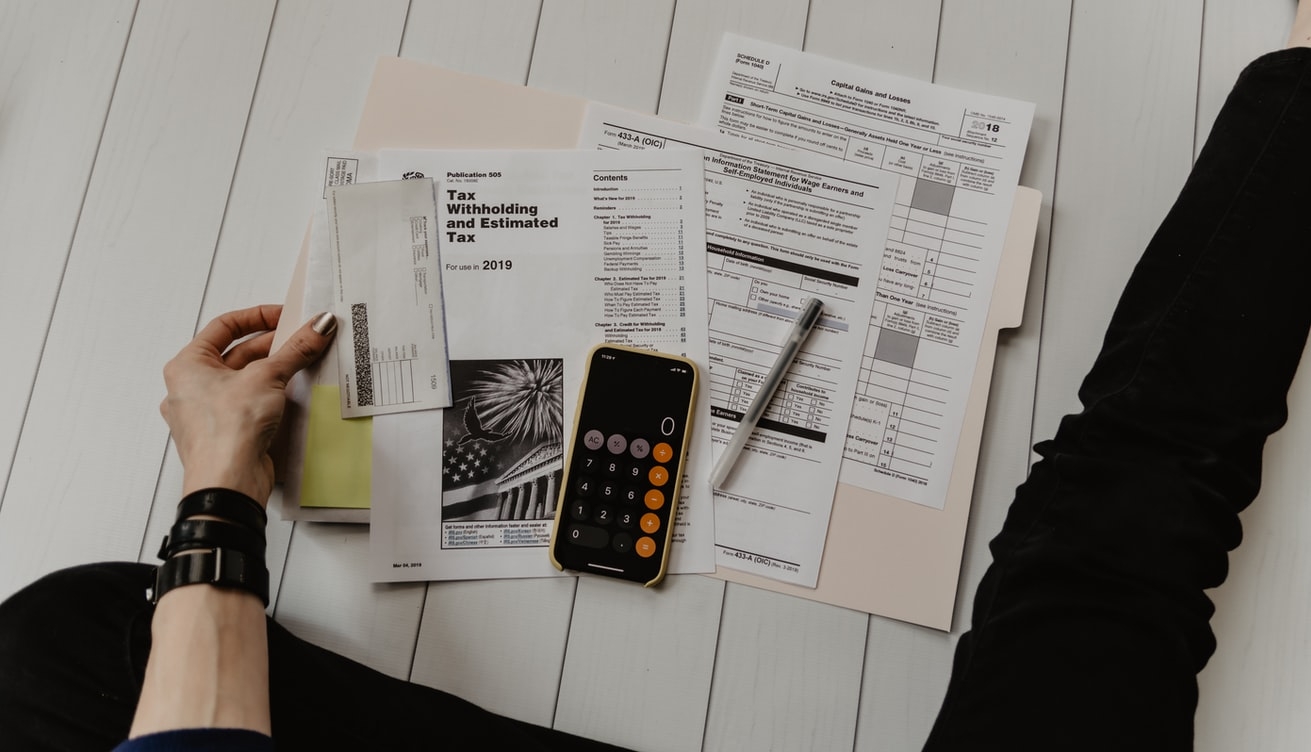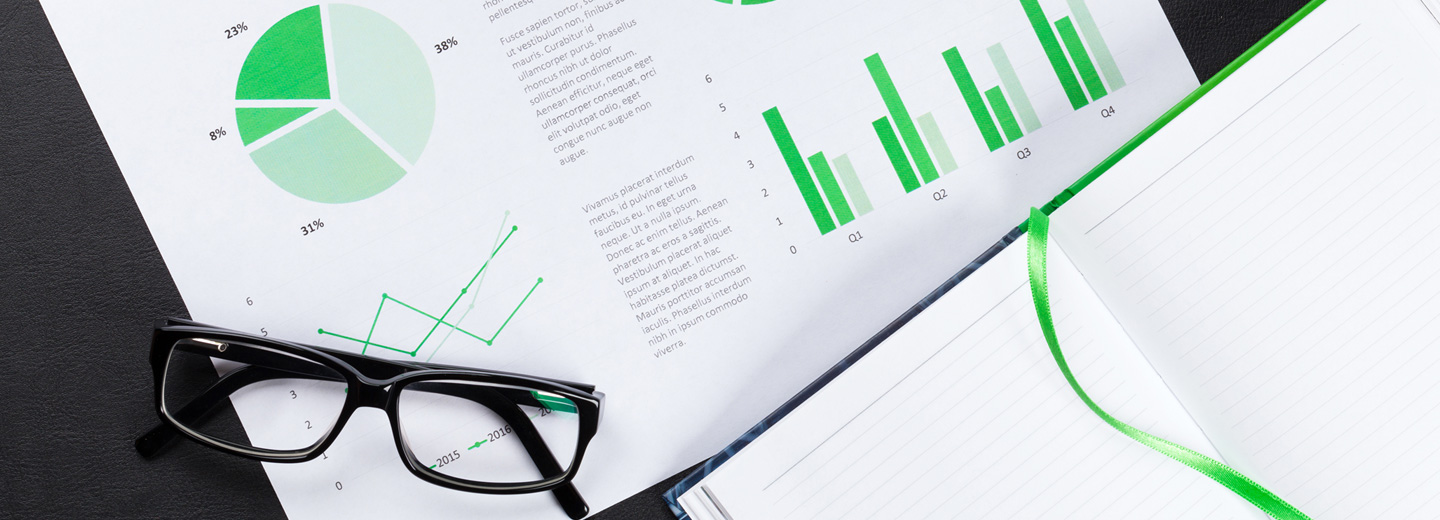Investment Property Tax Treatment
Updated at 2021-12-27 22:58:10
It is tax time, a lot of clients have investment properties, so we prepared the information for investment property tax treatment for your reference.
Residential Rental Properties
If you rent a property, you need to:
- Keep a record from the beginning
- Calculate the expenses you can claim as deductions
- Find out if you need to pay tax in installments throughout the year
- Report all rental related-income on your tax return
- Consider the impact of capital gains tax if you sell
Rental Income you must declare
You must include in your tax return all rent and rent-related income you receive.
Rent and rent-related income are any payments (cash or otherwise) you receive when renting the property. This includes goods and services, which means you need to calculate their monetary value to include in your tax return. Other examples of rental-related income include:
- Bond money you are entitled to retain
- Rental and reservation fees
- Insurance claims, in some cases
- Reimbursement or reimbursement of deductible expenses
- The tenant pays the cost of repairing property damage
- Government tax refund for the purchase of depreciated assets
- Lump sum payments of rental income
- Any taxable amount relating to a limited recourse debt arrangement involving your leased property.
Rental Expenses to claim-Deductions
If you rent your property or it is indeed available for rent, you can claim a deduction for most of the expenses you incurred during these periods.
- You only claim to deduct expenses related to income generated from the use of the property.
- You cannot claim a deduction for your personal use of the property.
There are three categories of rental expenses.
- You can now claim deductions (in the year of income in which you incurred expenses) - for example, loan interest, municipal expenses, repair and maintenance, and depreciated assets with certain threshold
- Deductions can be claimed within a few years - for example, the decline in the value of capital construction projects, borrowing costs and depreciated assets
- Deductions cannot be claimed - for example, personal expenses after May 9, 2017, some capital expenses, and the purchase of second-hand (or used) depreciated assets.
If any of the following applies, you will need to calculate the amount of expenses related to your income-generating activities:
- your property is really available for rent only for part of the year.
- You use your property for personal purposes for part of the year.
- You use only part of your property to earn rent.
- You rent your property at a non-commercial price (lower than the market price).
- You partially use your investment loan for personal purposes.
Rental Expenses you cannot claim
You may not be able to claim deductions for certain residential rental property costs, such as certain borrowing costs and a decline in the value of certain assets.
Borrowing expenses you cannot claim
You cannot claim any of the following as borrowing costs:
- The amount you borrowed for the property
- Loan balance of the property
- Interest expense (these expenses are reimbursed separately)
- Repay the principal according to the loan balance
- Stamp duty imposed by your state or territory government on the transfer (purchase) of property rights (this is capital expenditure)
- Legal fees, including legal fees for the purchase of real estate and property transfer fees (this is capital expenditure)
- Stamp duty incurred when you acquire a leasehold interest in the property, such as the crown lease in the Australian Capital Territory in 1999 (you can claim it as a lease document fee)
- Insurance premium, according to the policy, your loan will be paid in the event of your death, disability or unemployment (this is a private expense)
- The borrowing costs of any part of your loan for private purposes (for example, the money you use to buy a car).
Depreciation assets you cannot claim
Purchase of existing residential rental property:
If you signed a contract to purchase the property on or after 7:30 p.m. (Australian Eastern standard time) on May 9, 2017, you cannot claim to deduct the decline in the value of existing residential rental property assets.
Home becomes a residential rental property: If you turn your house into a residential rental property on or after July 1, 2017, you cannot apply for a reduction in the value of deducting the depreciation of assets in the house. You can only claim a deduction for a decrease in the value of any newly depreciated assets you purchase for residential rental properties.
Chang Accounting Advisory Pty Ltd, we are CPA practice and registered tax agent, we could help customers to apply tax treatment of investment property. If you or your families or friends need our services, please feel free to contact our team for any assistance.
This article is for informational purposes only and does not form part of our advice. This article is based on ATO guideline. Please contact our team if you need any assistance.
Claire Chang, 0497 131 419, claire.chang@changadvisory.com.au, wechat: clairechang26
Michelle Cui, 0433 539 870, michelle.cui@changadvisory.com.au, wechat: michellejc


Post in category
-
Super Contributions
Claire Chang Updated on 2022-07-22 12:13:26
-
养老基金供款
Claire Chang Updated on 2022-07-30 09:27:57
-
Self-managed Super Funds Auditing
Claire Chang Updated on 2022-07-20 06:18:24
-
自管养老基金相关审计
Claire Chang Updated on 2022-07-20 06:00:04
-
Queensland’s New Land Tax Approach for Interstate Investors
Claire Chang Updated on 2022-07-20 05:41:17



Claire Chang